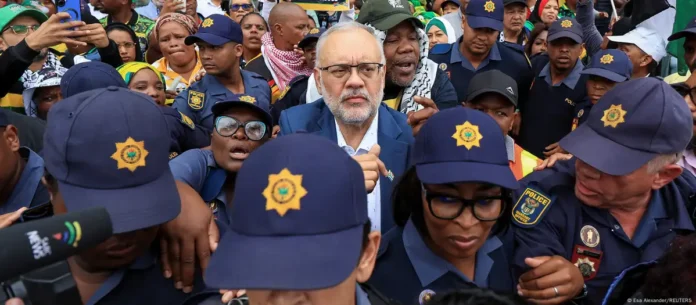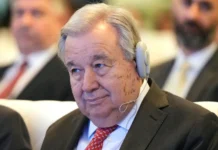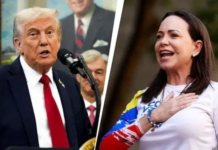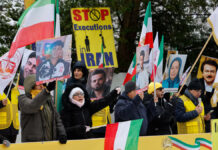By Faith Mwende
Diplomatic tensions between South Africa and the United States have deepened following the expulsion of former South African ambassador Ebrahim Rasool.
The move, ordered by U.S. Secretary of State Marco Rubio came after Rasool accused the Trump administration of fueling racial divisions.
Rasool, 62, was forced to leave the U.S. last week, with Rubio calling him a “race-baiting politician who hates America.” The decision followed Rasool’s remarks suggesting that President Donald Trump’s administration was using “white victimhood as a dog whistle.”
Speaking to the BBC, Rasool defended his comments. “I think it is self-evident rather than anyone needing to be called out,” he said, adding that U.S. policies on immigration and student protests were disproportionately targeting minorities.
The Trump administration has denied accusations of racism, arguing that its immigration policies and visa revocations are about national security, not race. Rubio defended the decision to revoke visas from foreign students involved in protests, stating that those who “cause chaos” on college campuses should not be allowed to stay.
Relations between the two nations have worsened since Trump returned to office in January. His administration, with vocal support from South African-born billionaire Elon Musk, has repeatedly criticized South Africa’s land reform policies. Trump has also cut U.S. aid to South Africa while controversially offering refugee status to white Afrikaners, claiming they face persecution—an assertion in the South African government strongly denies.
“It is an unadulterated lie because it tries to besmirch the very DNA of a new South Africa that was born under the leadership of someone like Nelson Mandela,” Rasool told the BBC.
Despite being expelled, Rasool stood by his words. “At some point, South Africa’s dignity is also at stake – you can’t smile through too many untruths being told about your country.”
The White House has not yet commented on the matter.



















